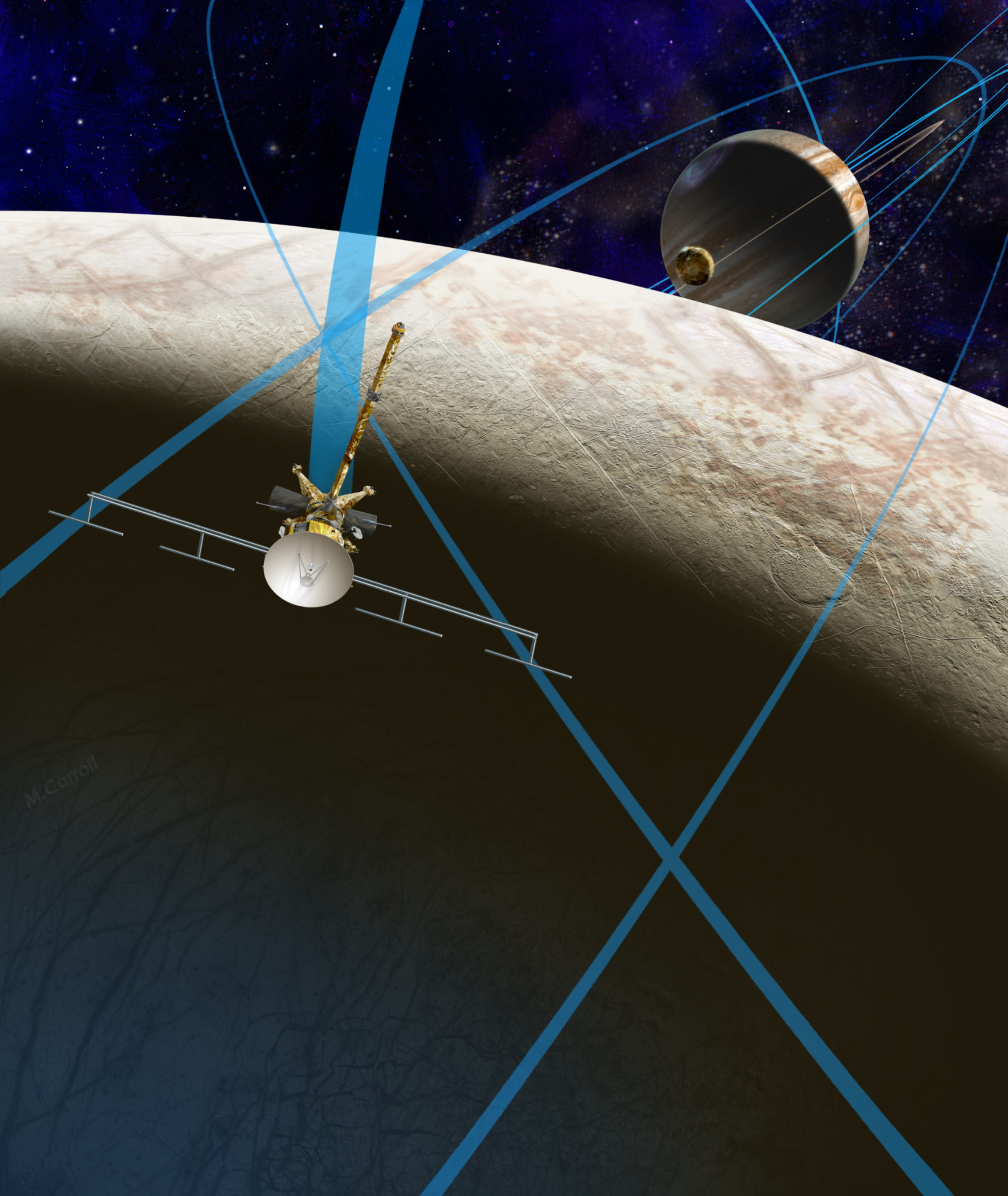Casey Dreier • Mar 14, 2014
Our Official Response to NASA's 2015 Budget Proposal
After discussions with members of our board, Bill Nye, and other parts of our leadership, the Planetary Society has released its official response to the President's 2015 Budget proposal for NASA. I'll let you read the full thing, but here's the essence:
The Planetary Society cannot fully support the FY2015 NASA Budget Request. While there are some positive aspects—particularly the newfound openness to exploring Europa and the continued science operations of most high-priority planetary missions—the request imposes unacceptable cuts to the Science Mission Directorate that damage the immediate and long-term health of some of NASA's most successful programs, particularly planetary exploration. If this budget is passed unchanged, there will be fewer planetary missions in development by 2019 than at any point in the past few decades.
...
FY2015 will be another historic year for planetary exploration: the New Frontiers-class New Horizons mission will fly by Pluto; the Discovery-class Dawn mission will orbit Ceres, the asteroid belt's largest object; and the flagship-class Curiosity rover will reach the base of Mt. Sharp, a 5 km-tall Martian mountain. These are true feats of exploration, and all of them were initiated by the previous Presidential administration. There is still time for this administration to leave its own positive legacy.
But right now the Obama White House is bequeathing a deeply troubled future of planetary exploration to its successors. Its FY2015 budget does not preserve a healthy program. As the current slate of missions reach the end of their lives, there are few ready to take their place exploring the solar system. We urge Congress to once again reject these cuts to NASA's Planetary Science Division, as well as to NASA's top-line and to the Science Mission Directorate. We urge Congress to, at the very minimum, preserve NASA's funding at FY14 levels and to restore planetary science to its historical average of $1.5 billion per year.
If you don't like what you see (we don't) make sure to tell your representatives how much you support planetary exploration and science at NASA. (Go here if you live outside the United States).

Support our core enterprises
Your support powers our mission to explore worlds, find life, and defend Earth. You make all the difference when you make a gift. Give today!
Donate

 Explore Worlds
Explore Worlds Find Life
Find Life Defend Earth
Defend Earth

